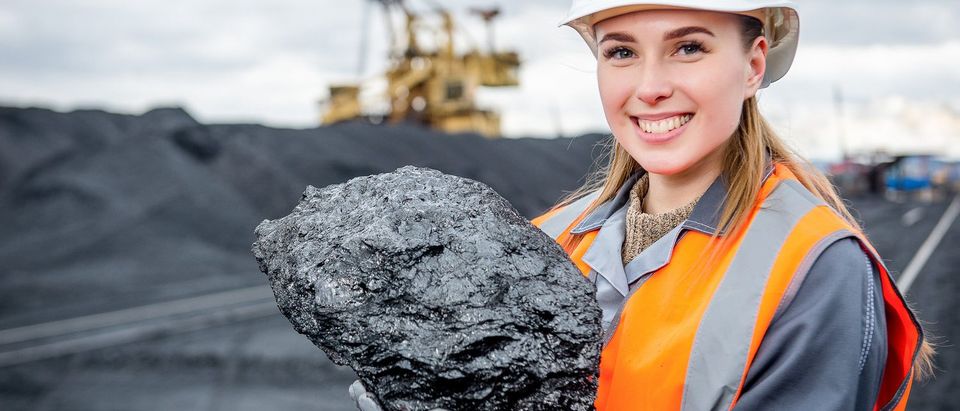Technology to capture and store carbon dioxide (CO2) is too expensive and will “never be viable,” according to a former World Bank adviser.
Edinburgh University economist Gordon Hughes says carbon capture technology is “little more than a utopian dream.” Carbon capture and storage (CCS) technology collects CO2 from power generation or industrial processes for underground storage or enhanced oil recovery.
“We have spent countless millions trying to get carbon capture to work for coal-fired power stations,” Hughes told The National. “But in the future coal will mostly be used in the developing world, where CCS is going to be too expensive. Everyone else is moving to gas, for which CSS isn’t yet an option.”
Hughes authored a new report on behalf of the Global Warming Policy Foundation, which argues that while CCS technology promises a lot, it hasn’t delivered much. He argues attempts by governments to promote wind and solar power have undermined the market for CCS.
“Successive governments haven’t thought their policies through,” Hughes said. “The focus on renewables is making CCS — already a marginal technology — even less viable. A coherent strategy could reduce carbon emissions at a fraction of the current cost by switching to gas with the option to install CCS if/when it makes economic sense.”
Hughes’ report runs counter to many other research organizations that claim CCS will be a necessary component of future global energy infrastructure.
The International Energy Agency (IEA), for example, called CCS the “most important single new technology” for reducing CO2 emissions.
U.S. Energy Secretary Rick Perry has repeatedly mentioned clean coal as a priority for the Trump administration, pointing to the Petra Nova power plant in Texas that was funded by the Obama administration.
Petra Nova captures the carbon dioxide (CO2) from coal and pipes it to a nearby oil field for enhanced oil recovery. The plant is capable of capturing 90 percent of the CO2 emissions it generates, but the project only remains viable with oil prices above $50 a barrel.
Petra Nova is an isolated example. The Obama administration also funded a Mississippi-based carbon capture project that’s been hampered by delays and cost overruns. The Kemper project will cost $6.91 billion, despite getting $270 million from the federal government.
The Mississippi plant will convert coal to synthesis gas, directly removing it from the coal and sequestering it.
Send tips to andrew@
All content created by the Daily Caller News Foundation, an independent and nonpartisan newswire service, is available without charge to any legitimate news publisher that can provide a large audience. All republished articles must include our logo, our reporter’s byline and their DCNF affiliation. For any questions about our guidelines or partnering with us, please contact licensing@dailycallernewsfoundation.org.


